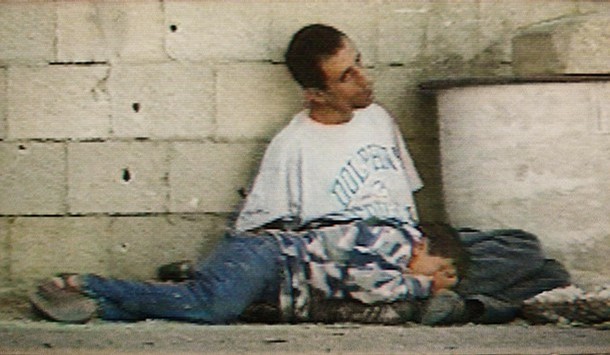The “Islamic State” has lost 14 percent of the territory it held at the start of the year, suggesting the group may have overstretched. The Syrian Kurds have increased territory under their control by 186 percent.
The IS “caliphate” in Syria and Iraq suffered a series of battlefield defeats over the past year that have reduced territory under its control, the military and defense think tank IHS Janes said in a report released on Monday.
While IS made gains in the historic Syrian city of Palmyra and Ramadi, the capital of Iraq’s Anbar province, these gains came at the expense of losing large swaths of territory in northern Syria to the US-backed Syrian Kurds (pictured) and allied Arab forces, known at the Syrian Democratic Forces.
In order to take and hold Palmyra and Ramadi, IS had to redeploy fighters from the Kurdish front, IHS said.
“This indicates that the Islamic State was overstretched, and also that holding Kurdish territory is considered to be of lesser importance than expelling the Syrian and Iraqi governments from traditionally Sunni lands,” said Columb Strack, senior Middle East analyst at IHS.
“The Kurds appear to be primarily an obstruction to the Islamic State, rather than an objective in themselves,” he added.
Losses in the north along the border with Turkey included the strategic border town of Tal Abyad after Syrian Kurds took to the offensive with US air support following the failed IS siege of Kobane.
Syrian Kurdish gains have effectively cut IS off from a large sections of the Turkish border it once controlled, dealing a blow to the group’s financing and logistics to its self-declared capital Raqqa.
“We had already seen a negative financial impact on the Islamic State due to the loss of control of the Tal Abyad border crossing prior to the recent intensification of airstrikes against the group’s oil production capacity,” said Strack.
In Iraq, the militant Sunni group also lost Tikrit, the Baiji refinery and the main road between Raqqa and Mosul during an Iraqi Kurdish offensive to retake Sinjar. Territory around Ramadi, where an Iraqi Army and Shiite militia offensive is underway, has also been taken back.
US-led coalition airstrikes backed up by indigenous ground forces have also helped to push back IS.
Since Russia’s military intervention in Syria in late September regime forces have clawed back some territory, but on the whole the government lost 16 percent of the territory it controlled at the beginning of the year.
The Iraqi government has increased territory under its sway by 6 percent, while the Iraqi Kurds have registered a net gain of 2 percent.
Syrian Sunni rebels, pinched between the regime and IS advances in parts of central and western Syria, have made marginal gains of 1 percent this year.




